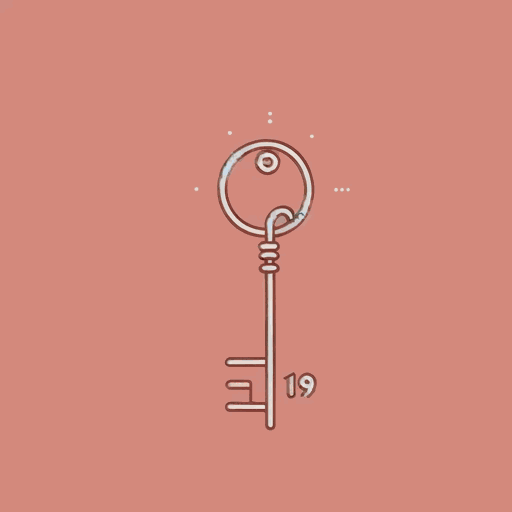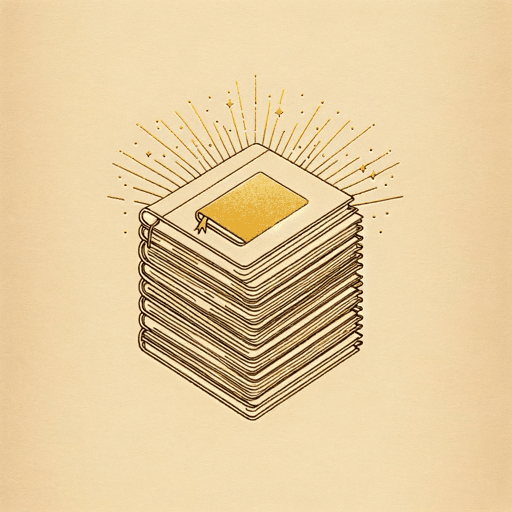68 pages • 2 hours read
Doris LessingThe Golden Notebook
Fiction | Novel | Adult | Published in 1962A modern alternative to SparkNotes and CliffsNotes, SuperSummary offers high-quality Study Guides with detailed chapter summaries and analysis of major themes, characters, and more.
Important Quotes
“His lips even made small preliminary movements before a mouthful, like an old person’s. Or like a blind man, thought Anna, recognising the movement; once she had sat opposite a blind man on the train.”
(Part 1, Page 34)
This section, in the first part of Free Women, the novel-within-the-novel, foreshadows Tommy’s suicide attempt and subsequent blindness. It also serves to characterize Tommy’s personality: He is older than his years, with the conservative tendencies and fastidiousness that, for a man of his class, are thought to come with age. He is more like his father, Richard, than either Anna or his mother, Molly, would like to admit.
“But you write and write in notebooks, saying what you think about life, but you lock them up, and that’s not being responsible.”
(Part 1, Page 40)
Tommy points out Anna’s hypocrisy, that she writes without acting, even keeping her thoughts from being published. Anna herself often points out this hypocrisy within the British Communist Party, that their function is to meet and to talk about problems without ever taking any definite action.
“The novel has become a function of the fragmented society, the fragmented consciousness. Human beings are so divided, are becoming more and more divided, and more subdivided in themselves, reflecting the world, that they reach out desperately, not knowing they do it, for information about other groups inside their own country, let alone about groups in other countries. It is a blind grasping out for their own wholeness.”
(Part 2, Chapter 1, Page 61)
Here, Anna’s literary criticism reflects not only her own dilemma as a writer—who is experiencing a reluctance to write, or a writer’s block—but also her own dilemma as a person. She has divided herself into parts, represented by the four notebooks, which is what keeps her from engaging in meaningful relationships and work. The novel conveys her journey toward unity.
Related Titles
By Doris Lessing

A Woman on a Roof
Doris Lessing

Briefing for a Descent Into Hell
Doris Lessing

Martha Quest
Doris Lessing

No Witchcraft for Sale
Doris Lessing

Prisons We Choose to Live Inside
Doris Lessing

The Fifth Child
Doris Lessing

The Grass is Singing
Doris Lessing

Through the Tunnel
Doris Lessing

To Room Nineteen
Doris Lessing
Featured Collections
Books & Literature
View Collection
British Literature
View Collection
Colonialism Unit
View Collection
Feminist Reads
View Collection
Mental Illness
View Collection
National Suicide Prevention Month
View Collection
Nobel Laureates in Literature
View Collection
Popular Study Guides
View Collection
Pride Month Reads
View Collection
Psychological Fiction
View Collection
School Book List Titles
View Collection
The Best of "Best Book" Lists
View Collection

